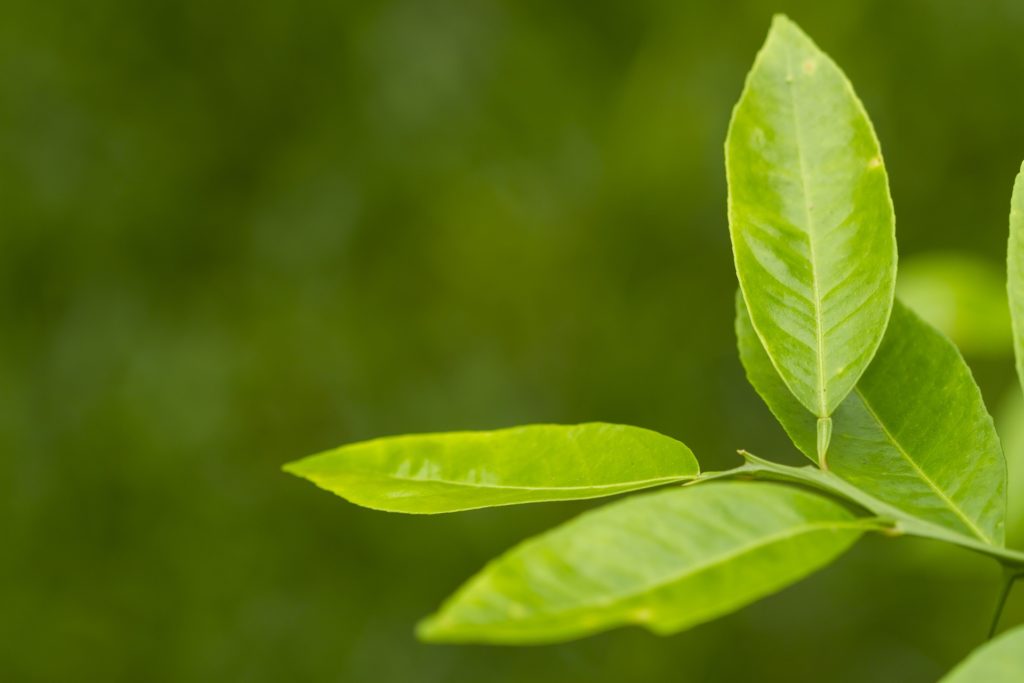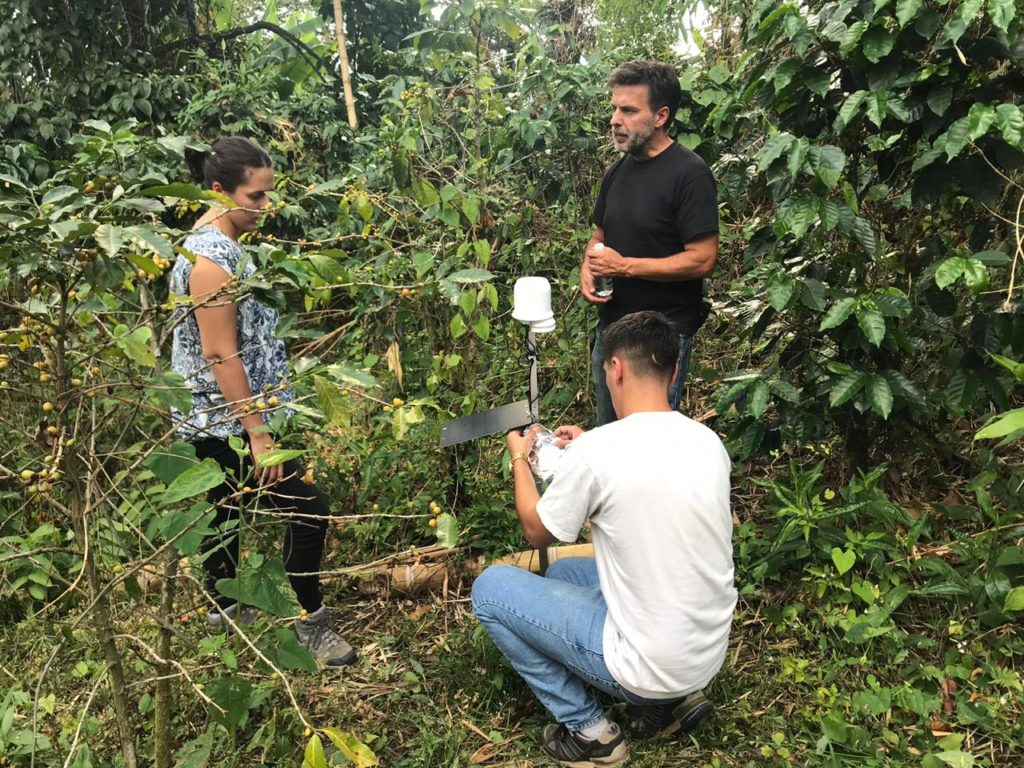Nature holds power to minimise impacts of climate change
After a further series of stark warnings about climate change from prominent scientists, and the experience of clear ‘runaway’ climate change impacts culminating in the Siberian heatwave this summer, the need to act on climate change has never been more urgent. Relying on technology The world faces the dual task of rapidly and radically reducing…
CABI scientist defends PhD thesis on risks of pest and disease movement via plant and seed exchanges
CABI scientist Dr Iva Franić has successfully defended her PhD thesis looking at the risks of pest and disease movement via plant and seed exchanges. Dr Franić, co-supervised by Dr René Eschen, Research Scientist, Ecosystems Management, and Risk Analysis and Invasion Ecology at CABI, obtained her PhD degree from the University of Bern in Switzerland,…
The demise of banana has been greatly exaggerated, but…
By David R Jones The demise of the banana has been in the news regularly since a 2003 article in The New Scientist suggested that the crop may be extinct within 10 years. However, recent data indicate that between 2000 and 2017, global production of bananas grew at a compound annual rate of 3.2%, reaching…
One Health: free online course from FutureLearn features CABI authors
One Health is about connectedness: "the collaborative efforts of multiple disciplines working locally, nationally, and globally to attain optimal health for people, animals, plants and our environment”. On One Health Day, November 3rd 2016, CABI's editors held a One Health (#OneHealth) Blogathon to focus attention, contributing a total of 6 blogs to Handpicked… and Carefully Sorted, each…
How will climate change affect plant health?
As weather patterns shift around the world due to changing climates, so this brings new challenges to crop protection. Pests and diseases can become a problem in new areas, or appear earlier, making it necessary to change crop protection practices. Conversely, some pests and diseases may become less of a problem as conditions become less…







